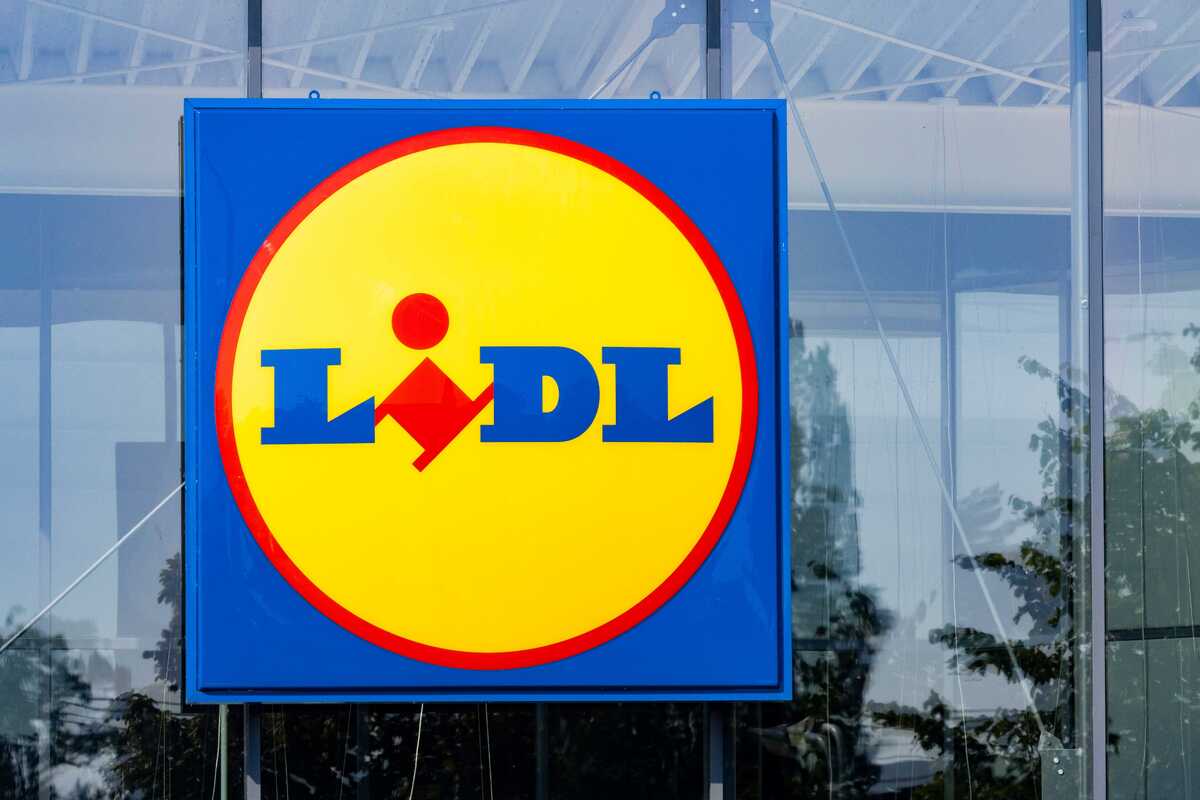Wake-up call: Don’t get accused of ‘drip pricing’
New rules will soon come into play to stop businesses from baiting customers into buying. Don’t get caught out, says Richard Collie
Drip pricing is a practice where a business will present consumers with a first price for a product or service (known as the base price) at the beginning of the sales journey, with additional fees being introduced (or ‘dripped’) as they move towards checkout. This practice is most prominent in the entertainment, hospitality and transport industries.
The problem
The Department for Business and Trade (DBT) is concerned this can result in consumers being ‘baited’ into choosing a product because of its lower base price, then ultimately ending up paying more once further fees or products are added.
With new rules having been announced in January under the Digital Markets, Competition and Consumers Bill (DMCC) to clamp down on this practice, this article highlights how the regulations will affect those working in hospitality and how businesses can prepare for the new rules.
The law
Although the full details of the rules and their implementation are not yet known, in simple terms, all businesses selling products online will be obliged to include any mandatory additional costs in the ‘base price’ of a product.
However, there may be instances when genuinely optional new prices might be presented towards the end of the checkout process – for example, a charge for gift wrapping. These should be distinguished from fixed mandatory charges consumers can’t avoid (like booking fees for cinema and train tickets).
In its announcement, the government was clear that the ban will only apply to mandatory hidden fees, not optional ones. It gives the example of airline seat upgrades for flights as a kind of optional extra that would not be caught by the new rules.
The government is sensitive to the fact that pricing practices can vary significantly across different industries. This is particularly relevant in digital markets as customer sales journeys often vary hugely depending on the products or services being sold. For example, an online food delivery order process will look very different to the checkout process for purchasing cinema tickets or buying goods on an online marketplace.
There are aspects of the new rules which will need further clarity before it comes into force. In particular, the legal position is less clear in cases where charges are mandatory but variable in nature (ie they cannot reasonably be calculated in advance) or when it isn’t clear if additional charges can genuinely be described as ‘optional’.
Expert advice
For now, it remains unclear how the new rules will be implemented and, as always, the devil will be in the detail. But if businesses promote more complex products with various layers of pricing, we would advise not waiting to see how things will turn out.
We strongly suggest monitoring developments in this space closely. It is likely that there will be further stakeholder consultations and we recommend that businesses engage with these to ensure any subsequent guidance or regulation properly reflects the nuances of business practices.
To-do checklist
- The government has recognised that a ‘one-size-fits-all’ approach is counter-productive. As such, it would be worth reading through the legal text of the new rules in full and considering which aspects of it might apply to your business.
- Immediately remove any flagrant examples of ‘drip-pricing’, as identified in the law, from your product listings.
- Monitor for and engage with any stakeholder consultations to ensure your business does not get left behind as the law evolves.
Beware
Although it is not yet clear what punishments might be handed out to those in breach of the new rules, don’t wait to find out. Although punishments will likely start with a damaging fine, it will also result in considerable reputational damage. As the practice is phased out across industries, don’t be the one business left behind.
Richard Collie is managing associate at TLT Richard.collie@tlt.com



















